NJSI organized a two-day workshop for principals and vice-principals on 3rd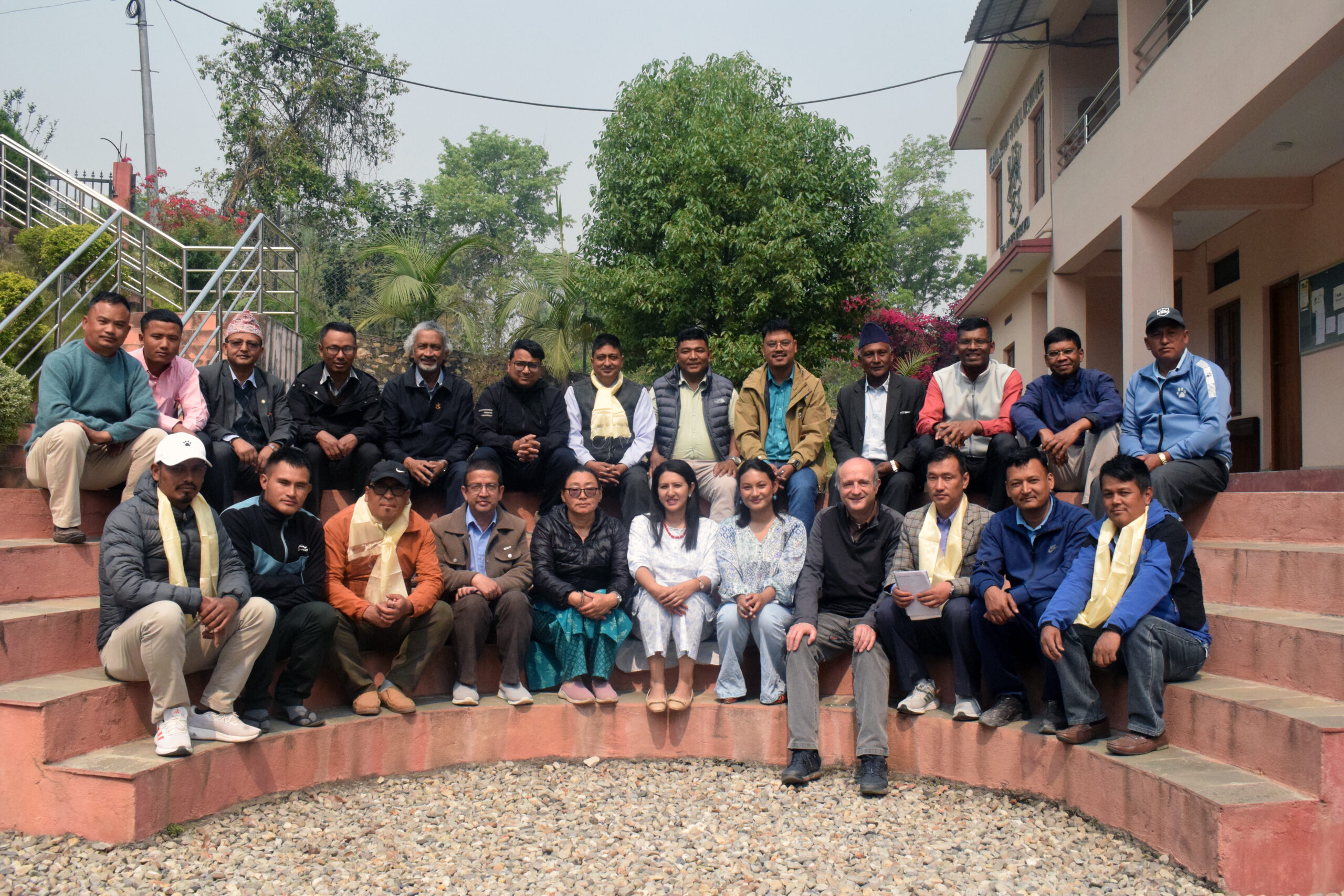 and 4th April at the Kavre Regional Center (KRC). A total of 15 principals and vice principals from 8 different schools took part in the workshop. The main goal of this event was to bring together school leaders under one roof to strengthen trust and collaboration around the Fe y Alegría Nepal program. We’ve carefully chosen 8 schools for this initiative based on factors like proximity, large student populations, strong coordination, solid relationships with staff, a focus on secondary education, and previous involvement with the REIN project. These schools are Shree Batchhala Secondary School, Shree Dongden Devi School at Dhadhing, Shree Bhagawati Secondary School, Shree Grammunnati Secondary School at Kavre, Shree Secondary School at Ramechhapp, Shree Himalayan School at Gorkha, Shree Kali Devi Secondary School at Sindhupalchowk and Shree Bhumesthan Secondary School at Dolakha.
and 4th April at the Kavre Regional Center (KRC). A total of 15 principals and vice principals from 8 different schools took part in the workshop. The main goal of this event was to bring together school leaders under one roof to strengthen trust and collaboration around the Fe y Alegría Nepal program. We’ve carefully chosen 8 schools for this initiative based on factors like proximity, large student populations, strong coordination, solid relationships with staff, a focus on secondary education, and previous involvement with the REIN project. These schools are Shree Batchhala Secondary School, Shree Dongden Devi School at Dhadhing, Shree Bhagawati Secondary School, Shree Grammunnati Secondary School at Kavre, Shree Secondary School at Ramechhapp, Shree Himalayan School at Gorkha, Shree Kali Devi Secondary School at Sindhupalchowk and Shree Bhumesthan Secondary School at Dolakha.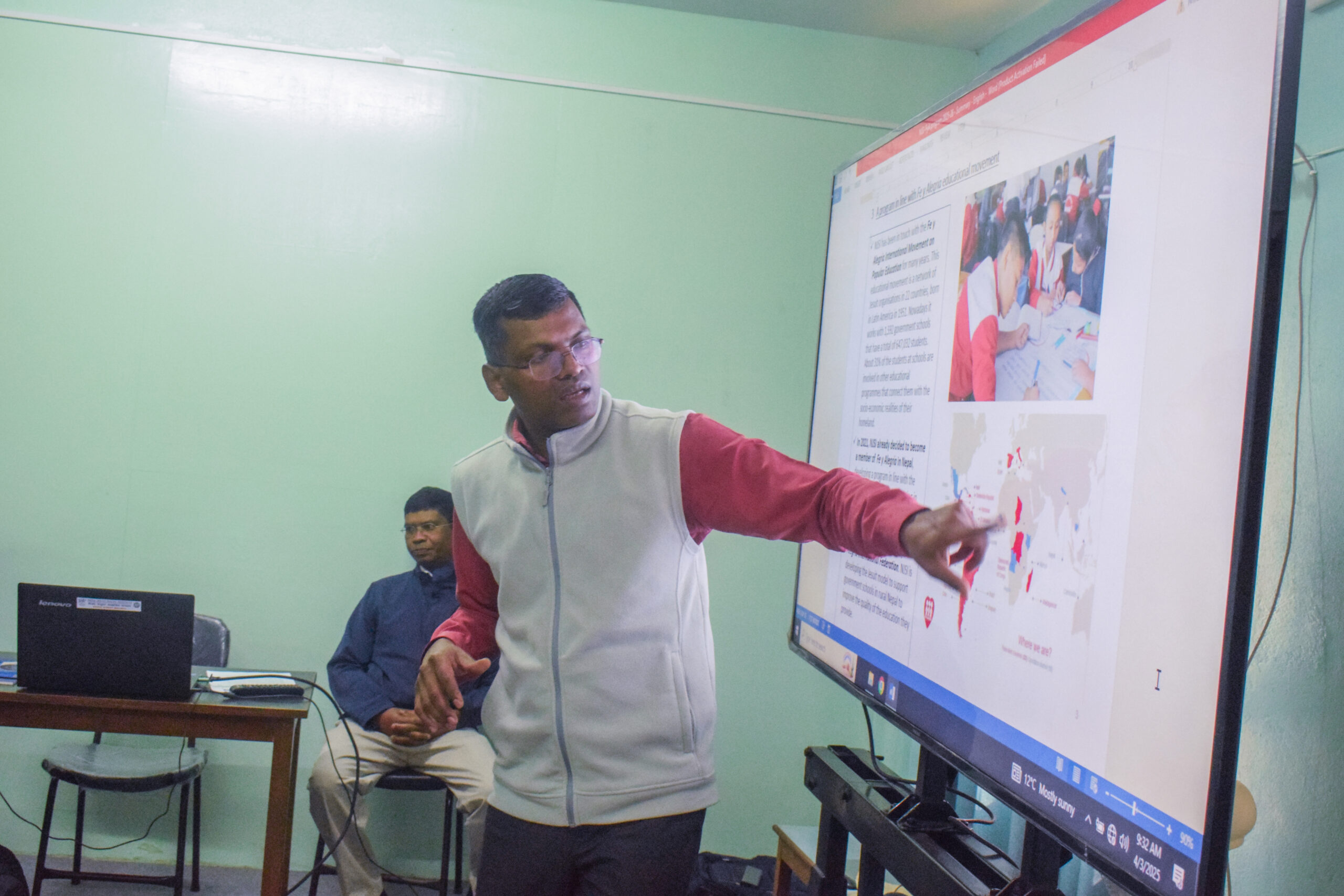
In an early stage of planning for improving the quality of education in the rural schools, we staffs were scattered in 8 different locations to collect the in-depth data from these schools. We collected information from a various stakeholder, including school principals, teachers, students, members of the School Management Committee (SMC), Parents Teachers Association (PTA) members, parents, ward chairpersons, and Education Officers from the Rural Municipality. We had a sort of Questioner for each individual. We used the method of one-to-one interview, group discussions, observations and secondary data analysis. 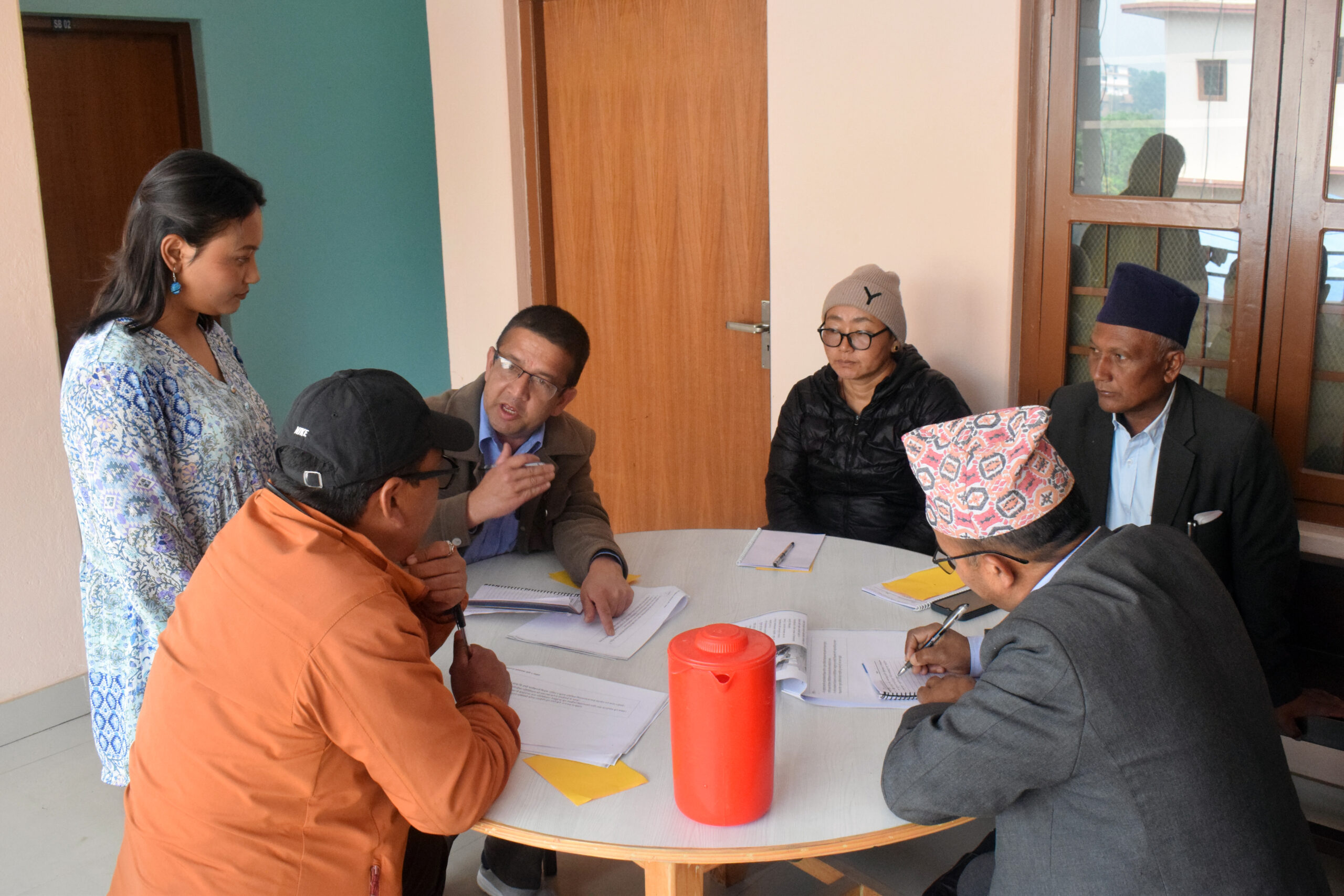
Basically, our activities are divided into 3 main categories, Formal Education, Non-formal Education and Inclusive Education. As the Jesuits are renowned for the expertise in Formal Education, we will be receiving guidance from the Jesuit community. For the Non-formal Education, Laia an Education Specialist, from Spain is guiding us and last but not the least, for the Inclusive, we are communicating with other INGOs/NGOs to exchange the ideas and strategies. We have met couple of organizations to share the ideas and best practices. Although, NJSI has been working in these three areas since 2015, this new initiative builds on our previous experiences while also integrating expert input to ensure the success of the Fe y Alegría Nepal program. 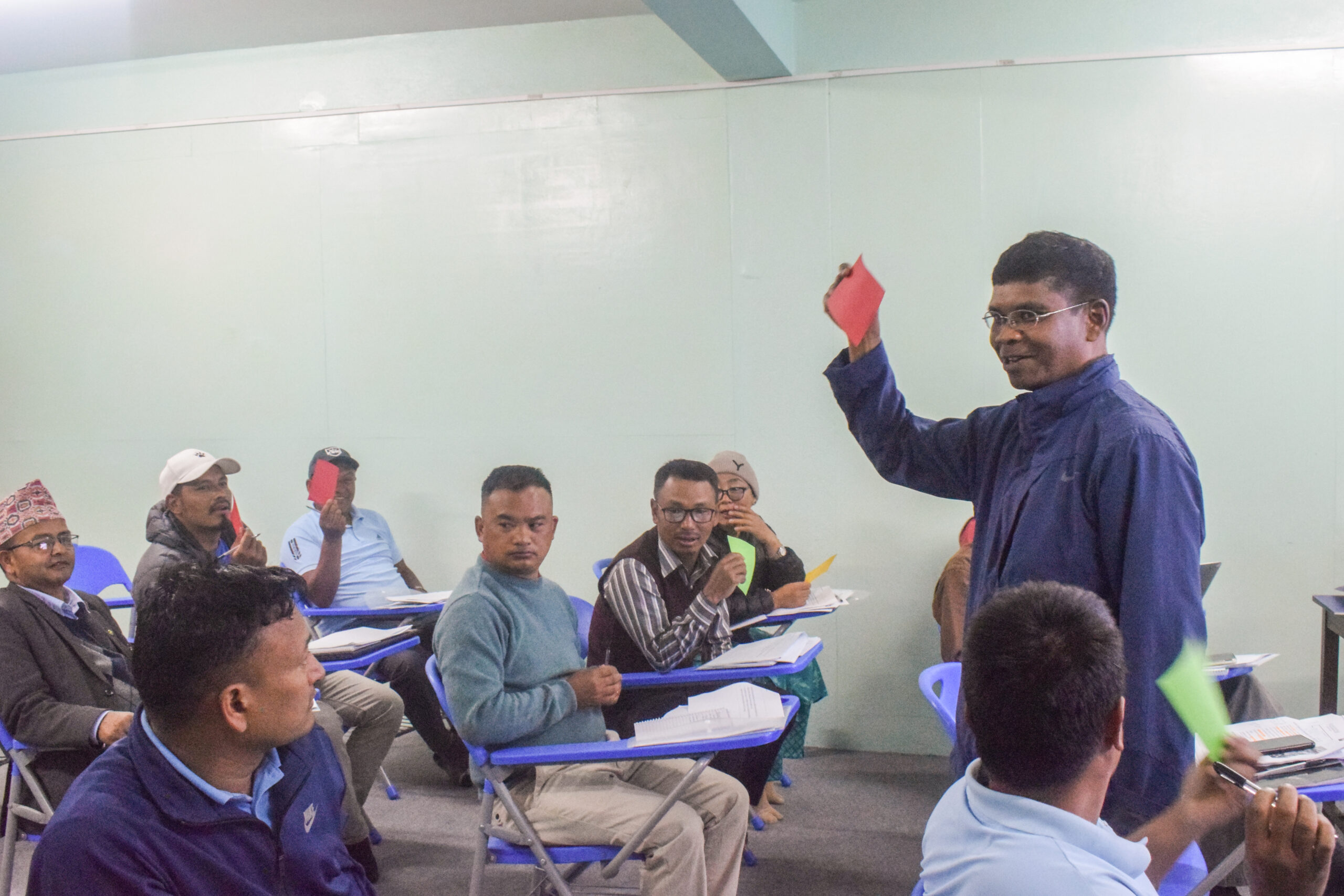
Our two-day workshop with the principals and vice-principals was highly interactive and productive. It is foundational step in launching the Fe y Alegría Nepal program. During the sessions, we presented our background, objectives, planned activities, and methodologies. The participants showed great interest and actively engaged with the 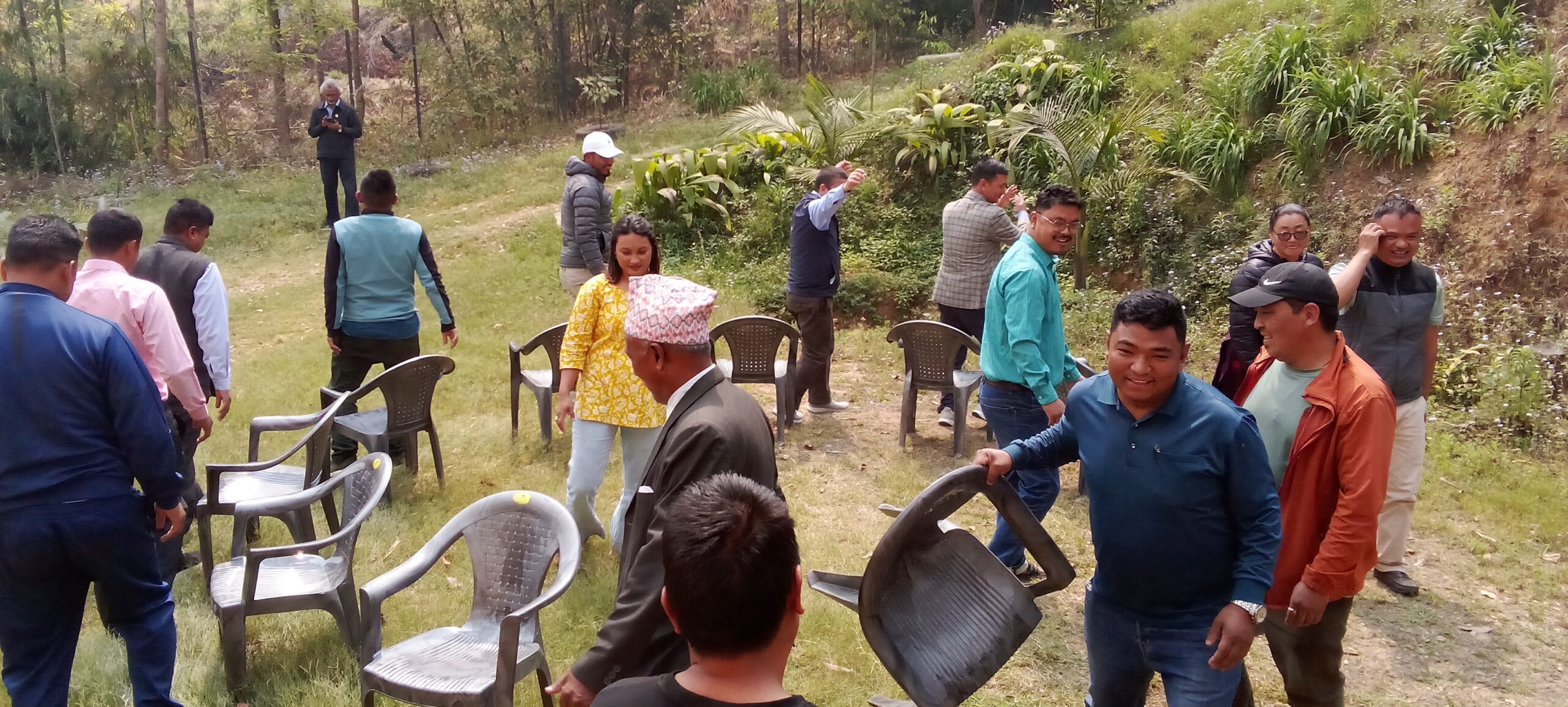 content, raising numerous questions and seeking clarity on various aspects of the program. The NJSI team addressed each of their concerns systematically and thoroughly. In addition to the presentations and interactive discussions, we also facilitated team-building activities, which were well-received and enjoyed by the participants. With valuable insight, NJSI is moving forward with a well-informed, collaborative, and strategic approach. We are confident that with continued engagement and guidance, the Fe y Alegría Nepal initiative will make a meaningful impact in the targeted regions and contribute to long-term educational transformation.
content, raising numerous questions and seeking clarity on various aspects of the program. The NJSI team addressed each of their concerns systematically and thoroughly. In addition to the presentations and interactive discussions, we also facilitated team-building activities, which were well-received and enjoyed by the participants. With valuable insight, NJSI is moving forward with a well-informed, collaborative, and strategic approach. We are confident that with continued engagement and guidance, the Fe y Alegría Nepal initiative will make a meaningful impact in the targeted regions and contribute to long-term educational transformation.

